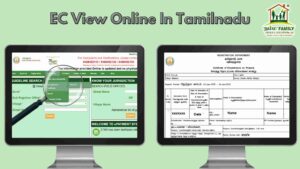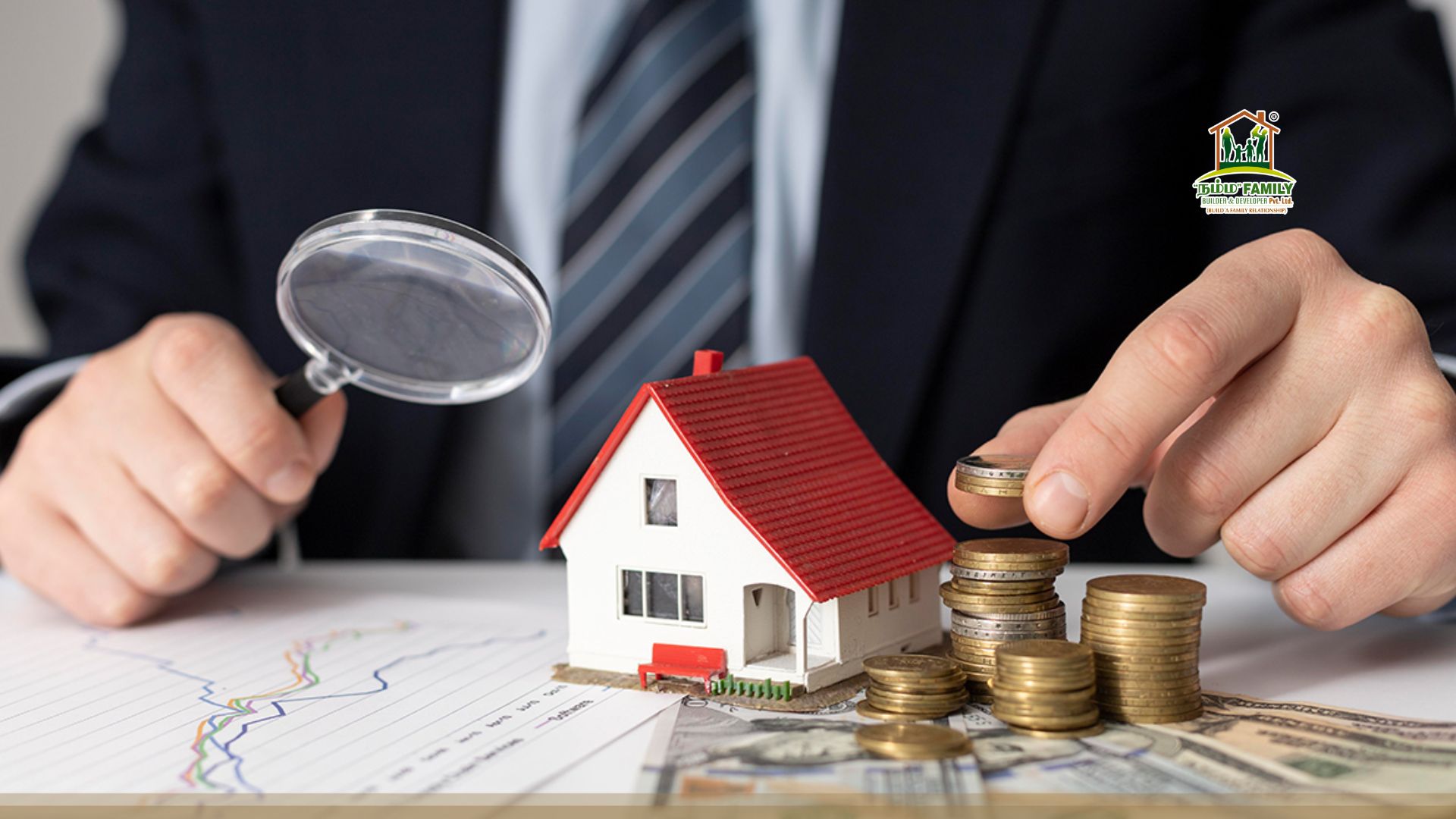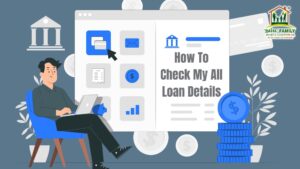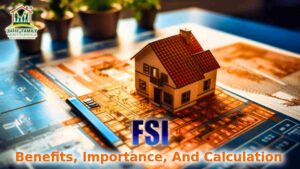
Hidden Costs Of Buying A Home In 2024

Hidden Costs Of Buying A Home
Your real estate agent is not an expense to you as a buyer. This is one thing many buyers don’t realize. You don’t pay your realtor as a buyer. The seller pays the listing company. The listing company then pays a percentage to the affiliate. The affiliate then pays the real estate agent. Some of the hidden costs associated with buying a home include:
- Closing Costs
- Earnest Money
- Moving Costs
- Property Taxes
- Homeowner’s Insurance
- Funding The Escrow Account
- Private Mortgage Insurance
- Interest Rate
- Utility Costs
- Home Maintenance and Repairs
10 Hidden Costs Of Buying A Home
1. Closing Costs
Closing costs are fees paid directly to your lender or other company. They typically cost between 2 and 5% of the mortgage you take out. Closing costs include:
- Loan application fee
- points
- Assessment fee
- Inspection fee
- Change the lines
- Escrow fee
- Attorney fees
- Registration fee
- Title search and insurance
- Homeowner insurance
- Property tax for the first six months
2. Earnest Money
- When you plan to buy a home, you must pay the seller an interest payment. This amount is your way of telling the seller that you are serious about buying the home and that you are not going to earn the seller’s trust and then go and buy another home.
- The interest payment is usually held in an escrow account handled by the buyer’s real estate agent, title company, or escrow company.
- If you can’t get a mortgage or decide to back out of the contract, you may lose that deposit, depending on how your contract is worded. The amount of interest money varies but is usually between 1 and 5% of the purchase price.
3. Moving Costs
The last hidden cost of home ownership is moving costs. This varies based on many factors, such as your location. If you want to hire professional packers to pack and unpack your boxes and furniture, it will cost extra. You should get a quote from a moving company to get an accurate estimate for your move.
4. Property Taxes Of Hidden Cost
- It’s important to consider rising property values when buying a home. Also, property tax rates vary from city to city and county to county. Many homeowners choose to roll their property taxes into monthly payments.
- Every month requires your lender to put money in escrow for property taxes in addition to your mortgage payment. If you don’t pay taxes through an escrow account, you’ll have to pay them in a lump sum.
- As your property increases in value over the years, your taxes will rise, increasing your monthly mortgage payment.
5. Homeowner’s Insurance
- Homeowners insurance is a form of insurance that insures your home in case of damage of any kind. While renters don’t need this insurance, your lender wants to know that homeowners can fix the home if something happens to it.
- Like property taxes, this is a cost that’s added to your monthly mortgage payment. Your lender must provide proof of homeowner’s insurance before they’ll let you take out the mortgage. Covers losses and damages.
- Homeowner’s insurance also provides coverage in the event of an accident such as fire, theft, or natural disaster that may occur on your property.
6. Funding The Escrow Account
- Buying a home usually requires an upfront payment of 12 months of homeowner’s insurance and 6 to 12 months of taxes, which are held in an escrow account.
- The term escrow means that your funds are held in an account that you cannot touch. To pay property taxes and homeowner’s insurance.
- The bank will withdraw the funds from the escrow account. If the insurance or taxes are higher than expected, the lender must have the additional funds on the statement.
7. Private Mortgage Insurance
- If you put down a 20% down payment on your home, your lender will require you to get some mortgage insurance. The borrower must pay off the loan, and mortgage insurance will cover the bank if they stop paying.
- A typical private mortgage insurance (PMI) is included, but government loans may also require mortgage insurance. Your Private mortgage insurance protects the lender if you can’t make mortgage payments.
- If you have 20 percent of your home down, your lender will stop charging you. Private mortgage insurance rates also vary.
8. Interest Rate Of Hidden Cost
- Most mortgage lenders calculate your interest rate based on your credit score, income, down payment, and work history. If you’ve recently changed jobs, it’s worth saving up for a big down payment until your credit score is up, which can help lower the interest rate on your mortgage loan. This can lead to lower monthly payments and save you thousands of dollars in the long run.
9. Utility Costs Of Hidden Cost
Before you buy a home, do the math to make sure you can afford more than the monthly mortgage payments. When you move from a tiny home to a new place, you may experience some utility sticker shock. Common utility costs for homeowners include:
- Electricity
- Water
- Gas
- Heating and cooling costs
- Cable/Internet
- Telephone
- Parking Fee (if any)
- Trash
- Sewerage
By figuring out the utility costs before you buy the home, you won’t be shocked by the monthly bills.
10. Home Maintenance and Repairs
Once you become a homeowner, you won’t have a landlord to call on to repair your apartment. This means you either have to maintain the house yourself or hire someone else to do it. If you do the maintenance yourself, it’s important to budget for the cost of maintenance services and the tools you need. Some things to maintain while being a homeowner are:
- HVAC Repair
- Cleaning the dryer vent
- Lawn maintenance and yard maintenance
- Roof maintenance and repair
- Problems caused by termites
- Plumbing problems
- Drainage removal
If you don’t make maintenance expenses each month, you should set aside an additional 1% of your monthly mortgage payment for maintenance-related expenses.
Let's take a look at the hidden costs when buying a home:
If you have a good real estate agent, you should know these hidden costs in advance because they will prepare you. Because situations are different, these costs may not always apply to homeowners. It is helpful to talk to a financial advisor before buying a home and help budget for the costs involved in cutting ownership.









This Post Has 2 Comments
I think this is a real great article post.Thanks Again. Great.
Thanks for sharing your experience with us.